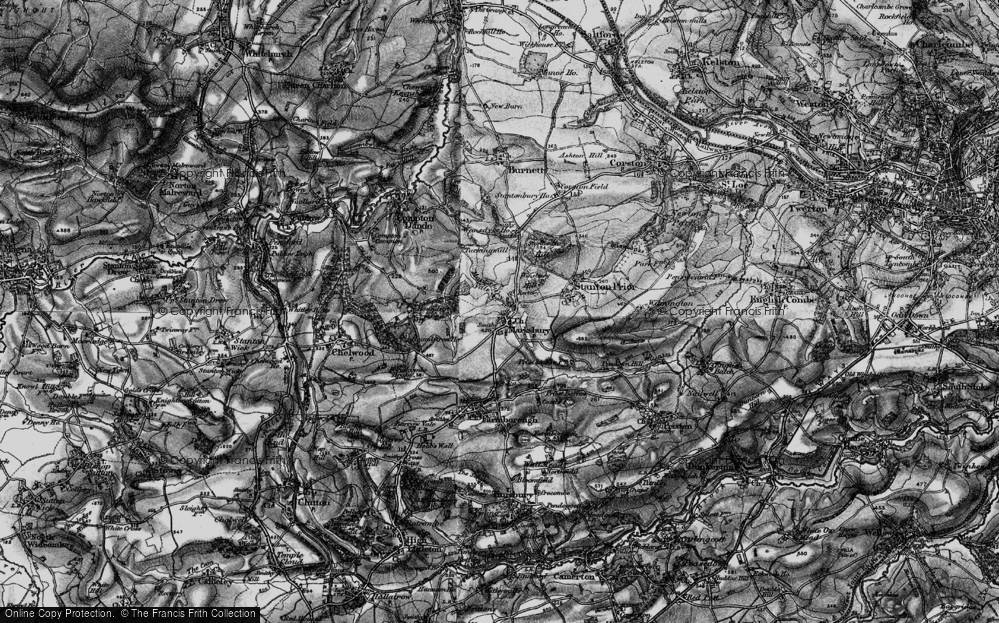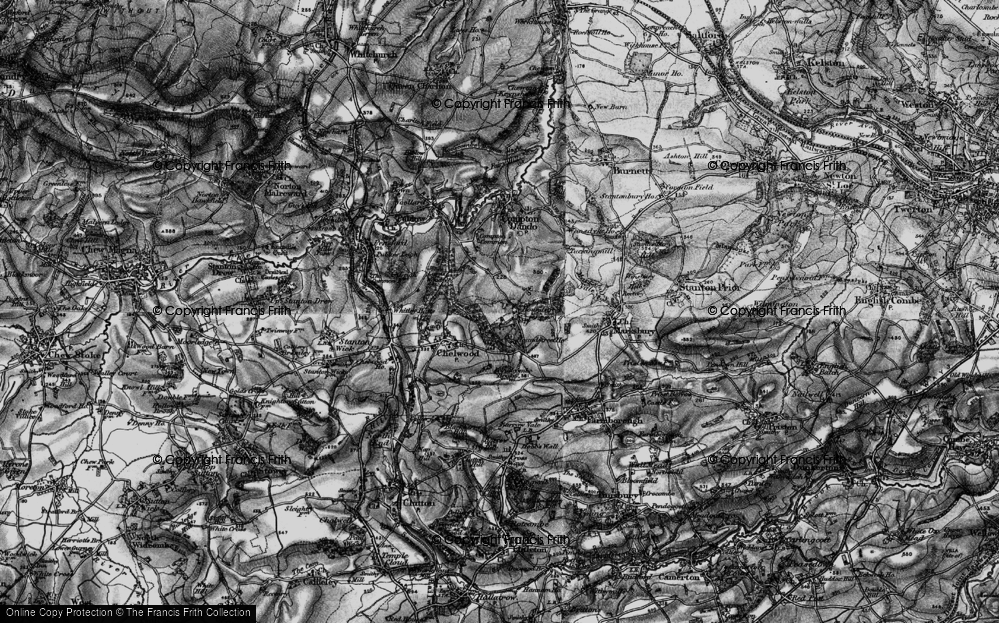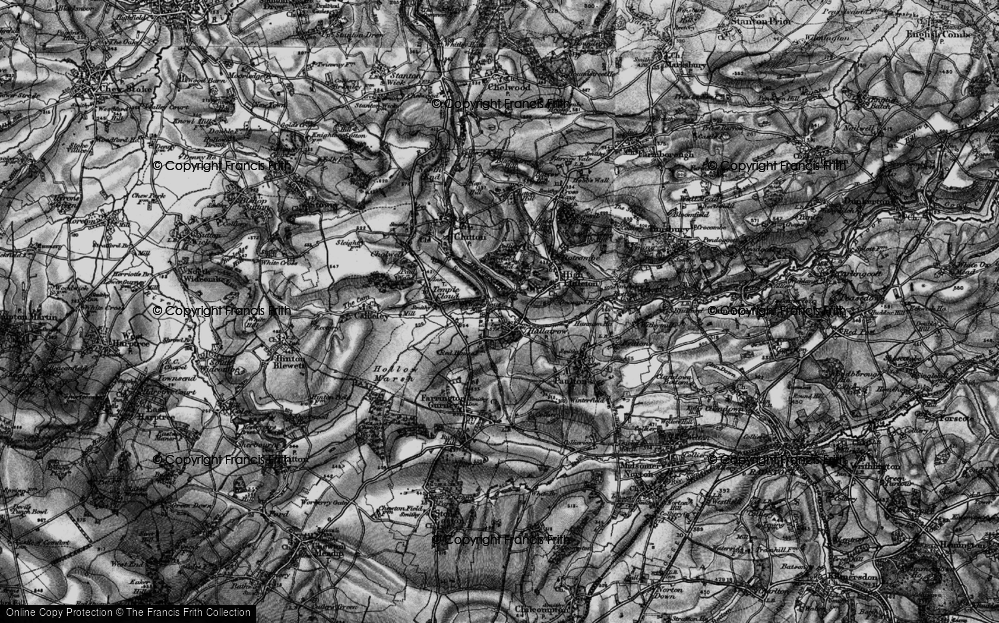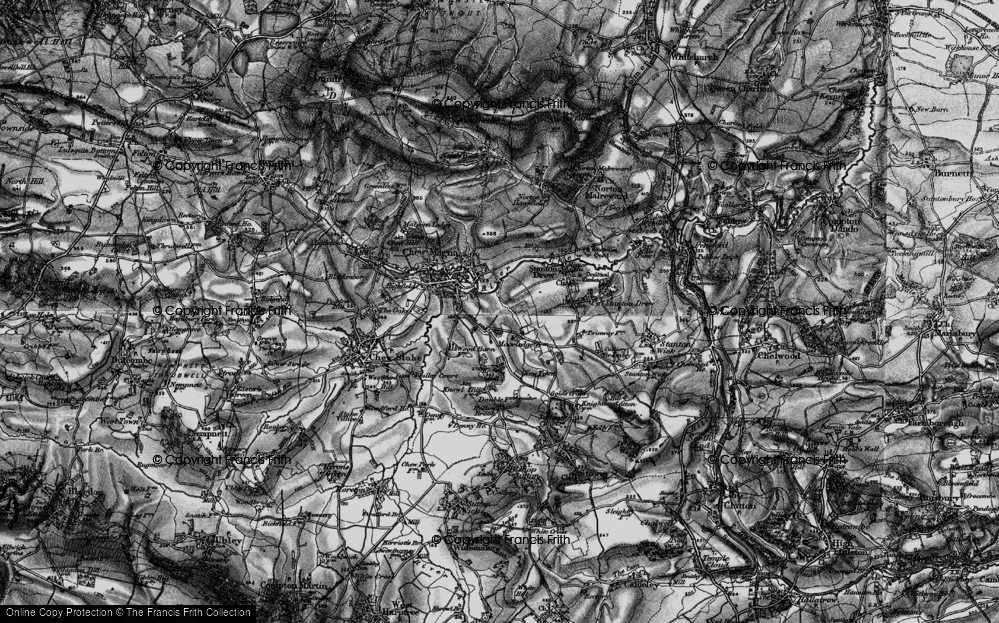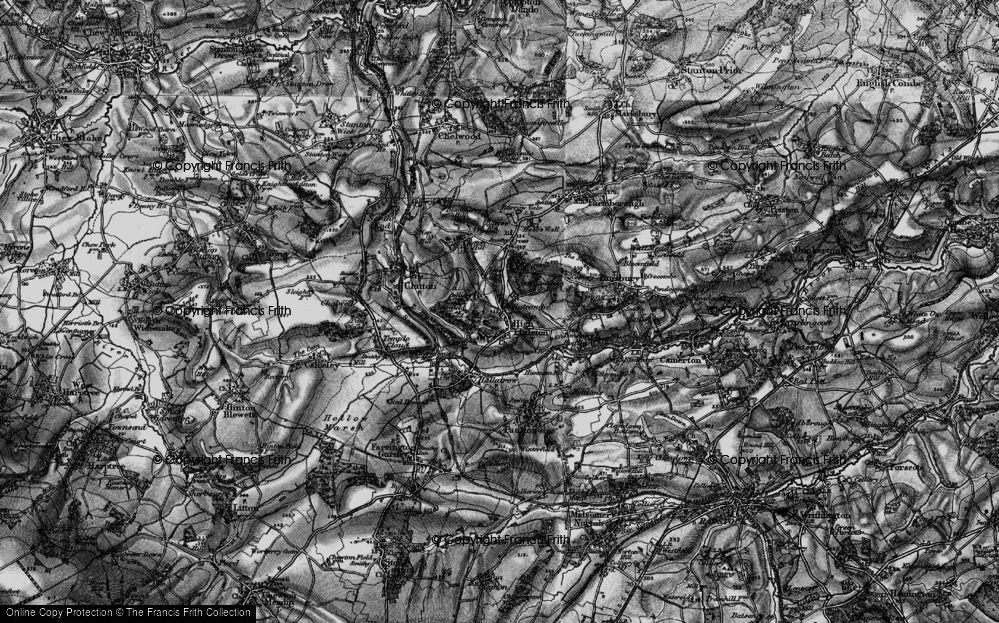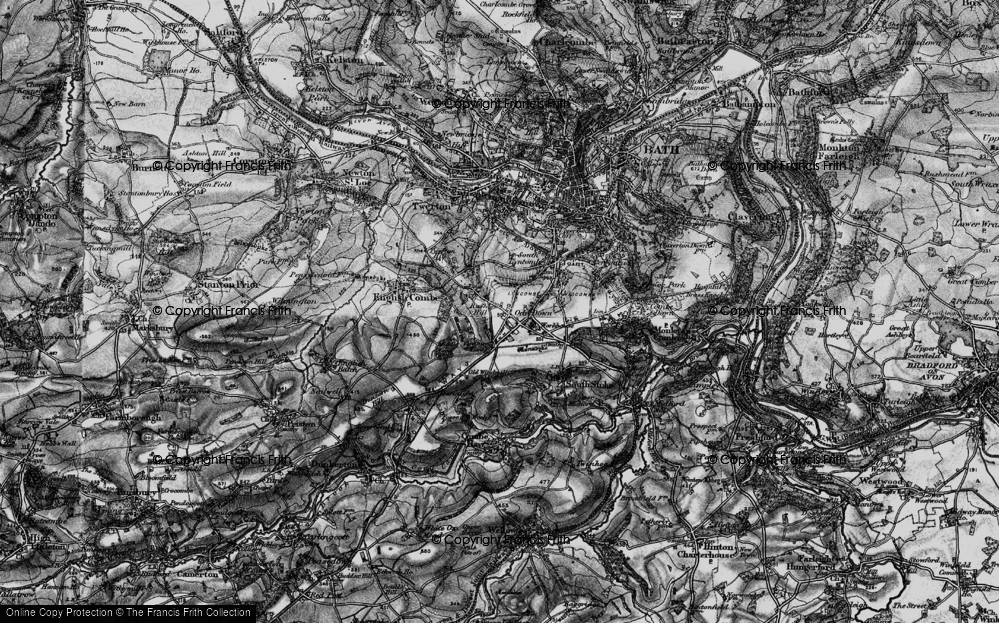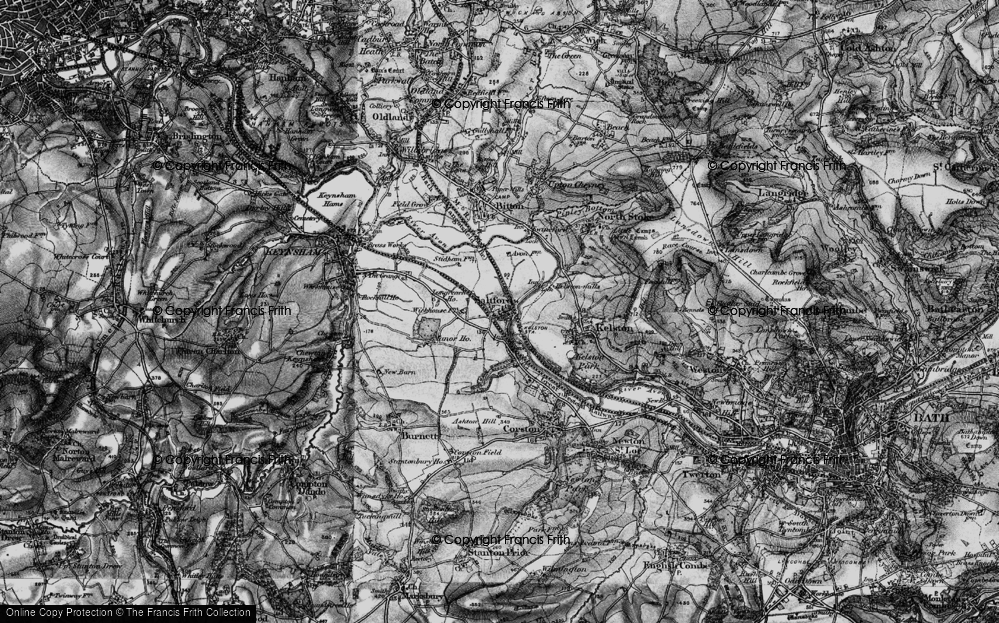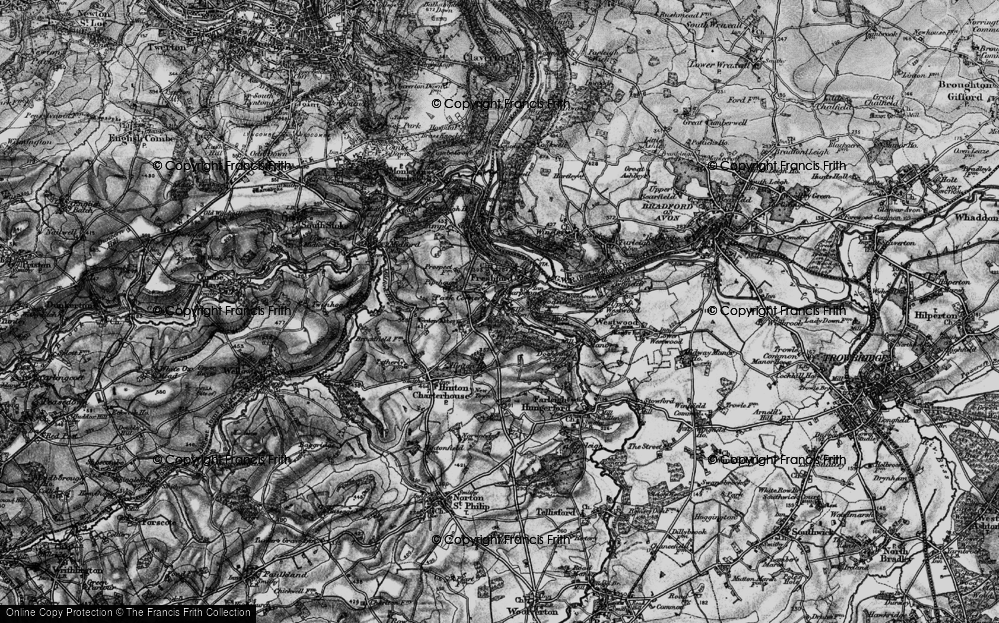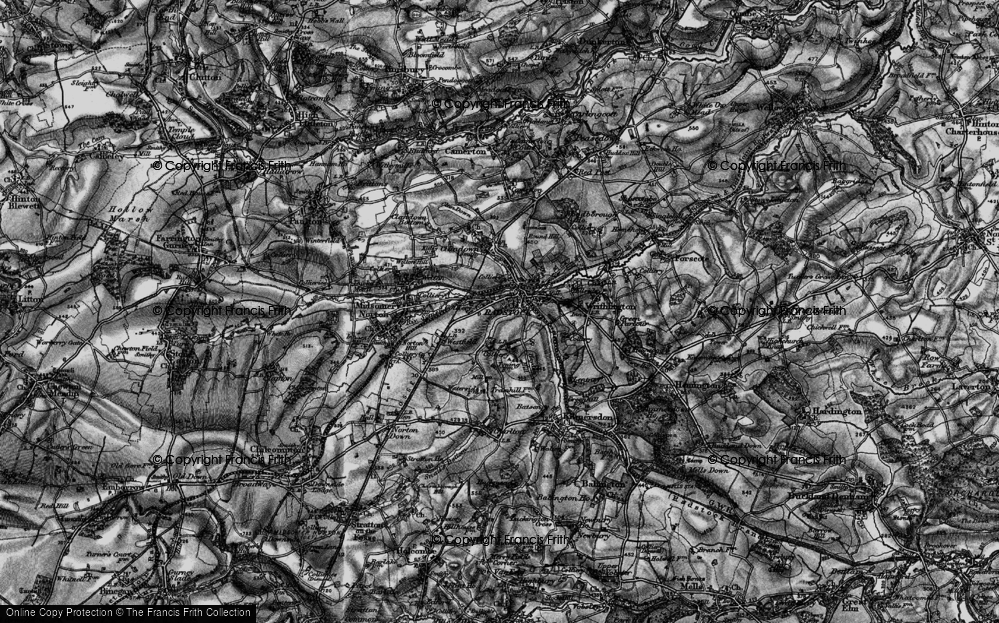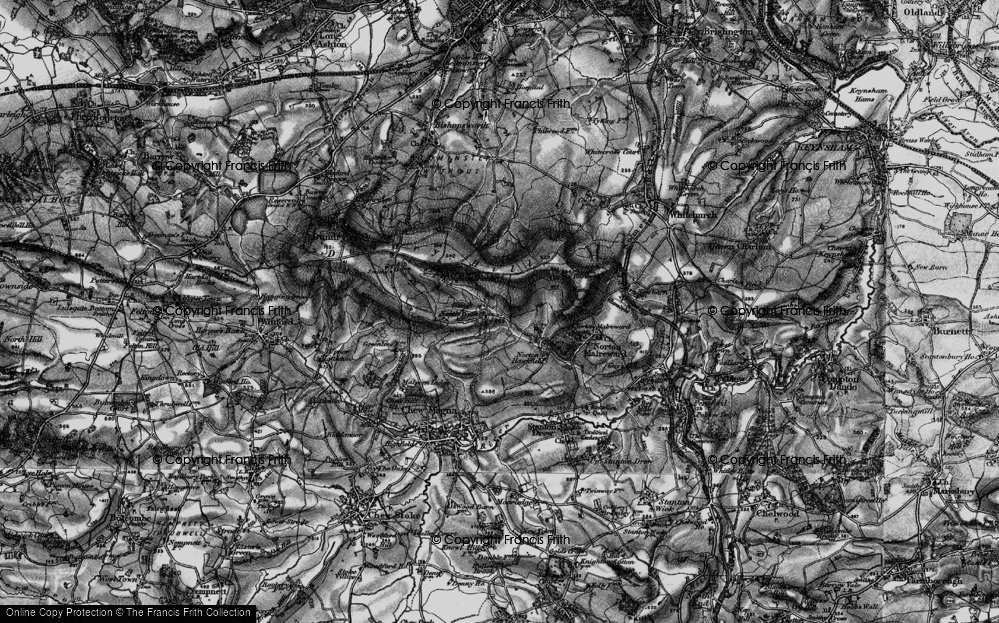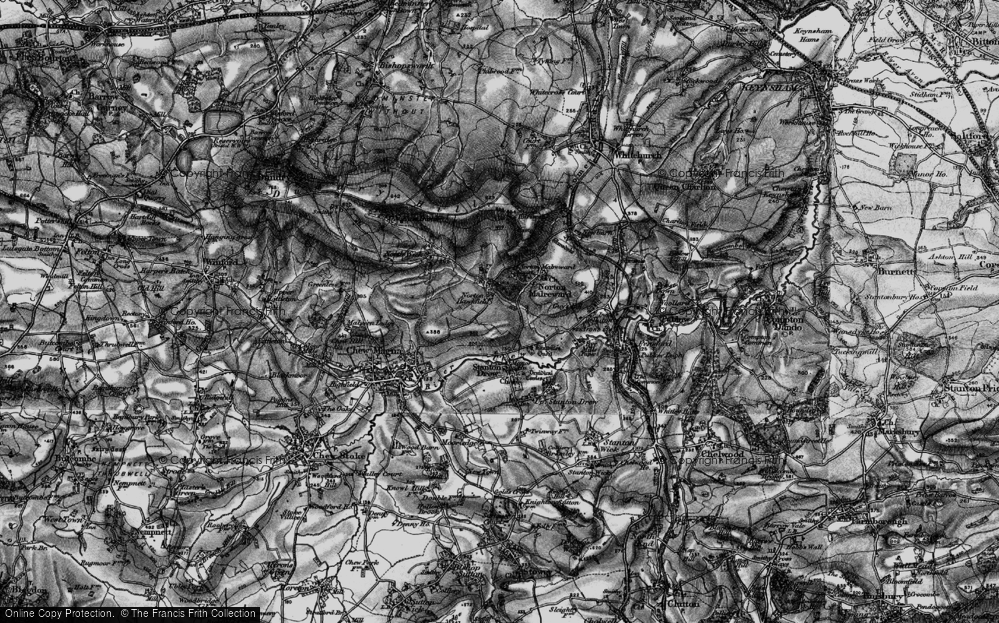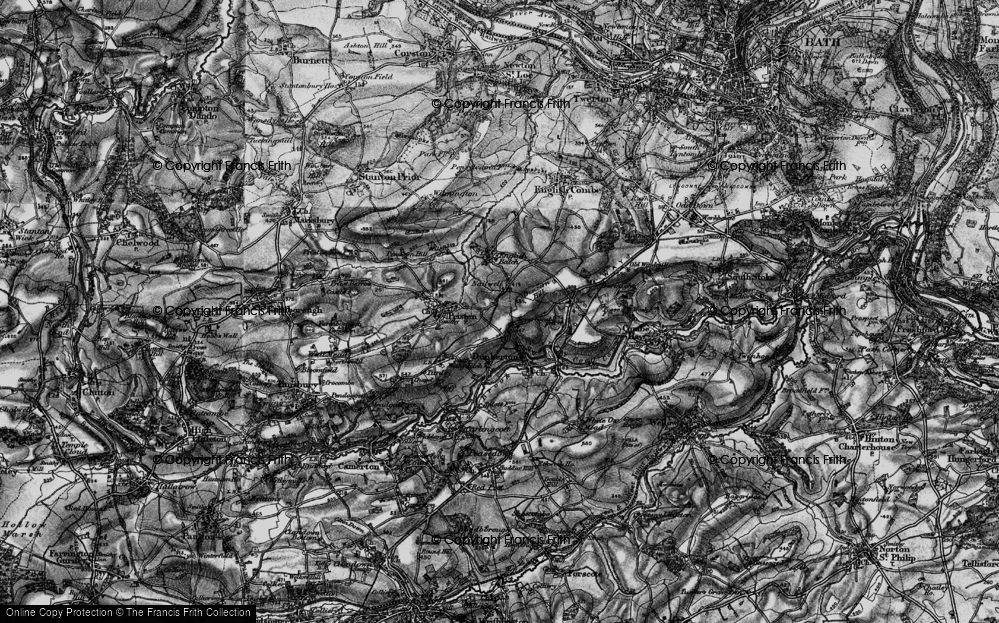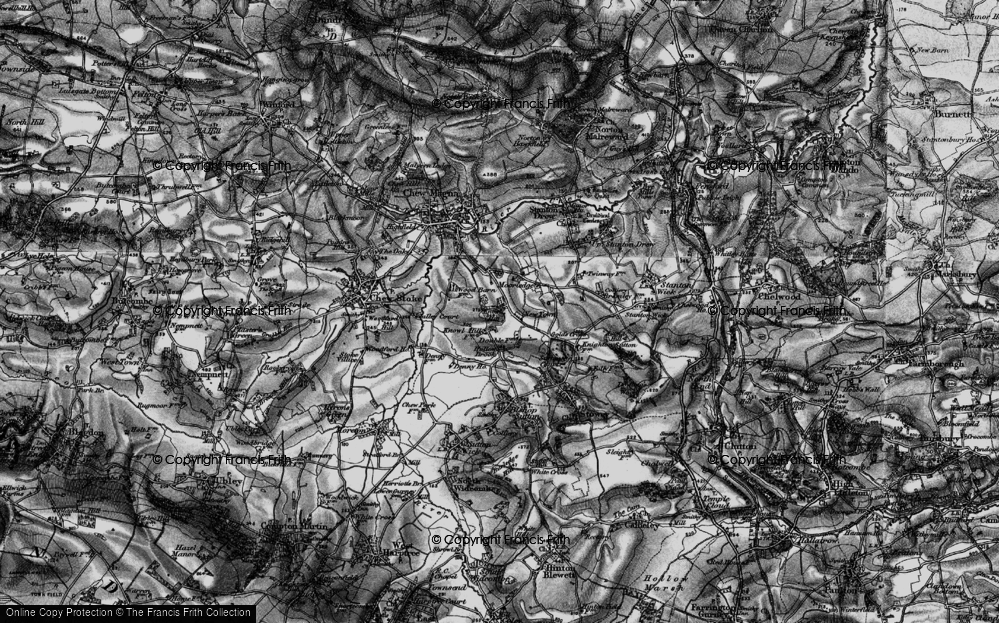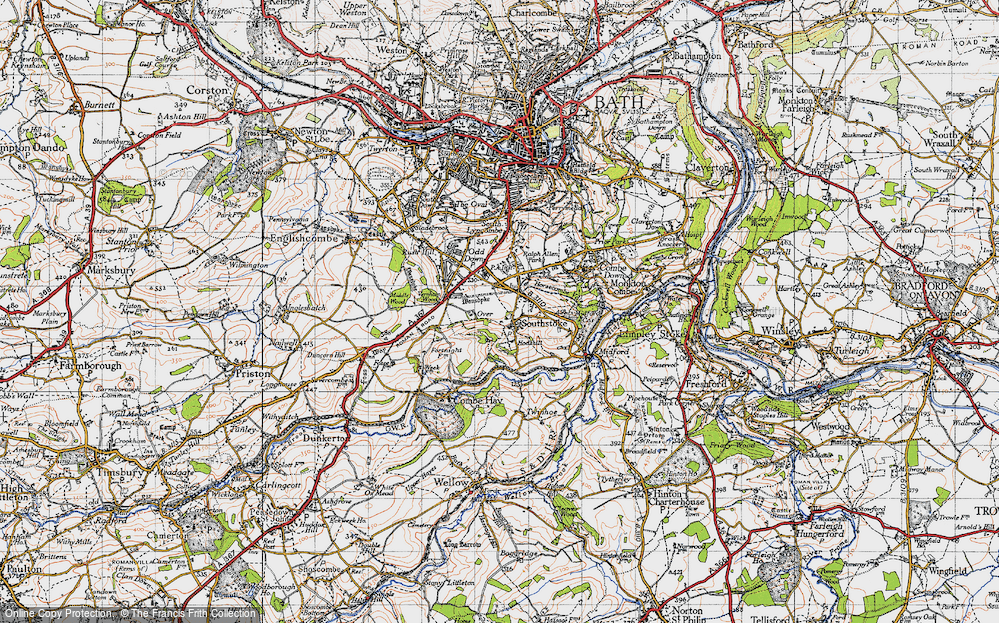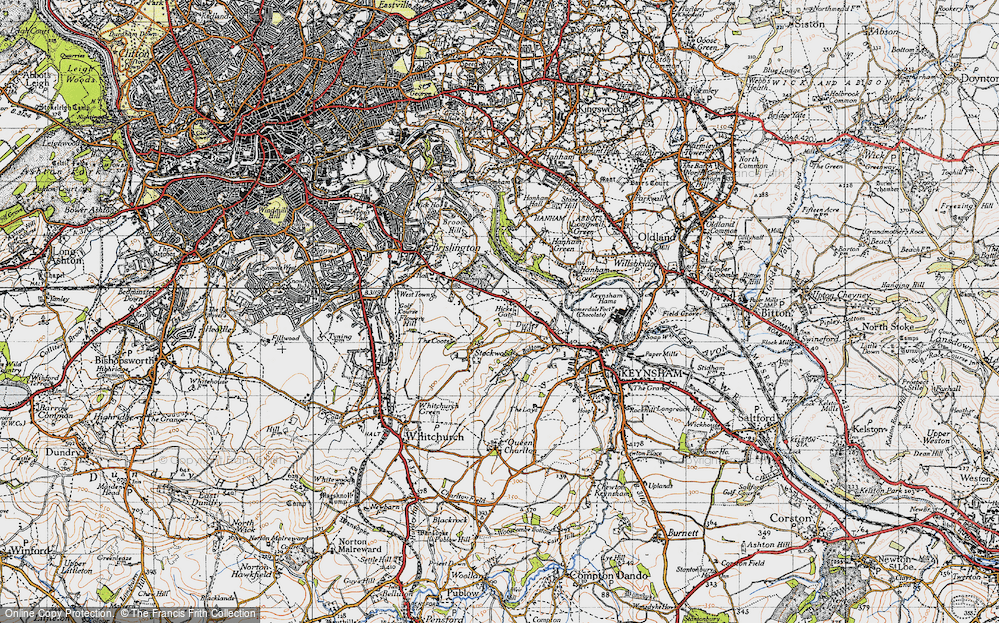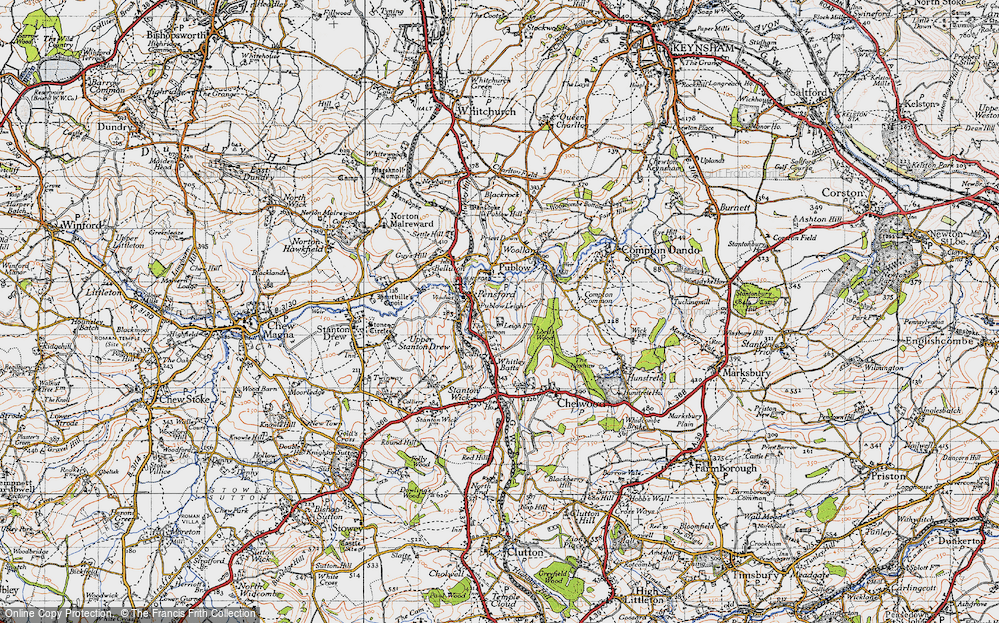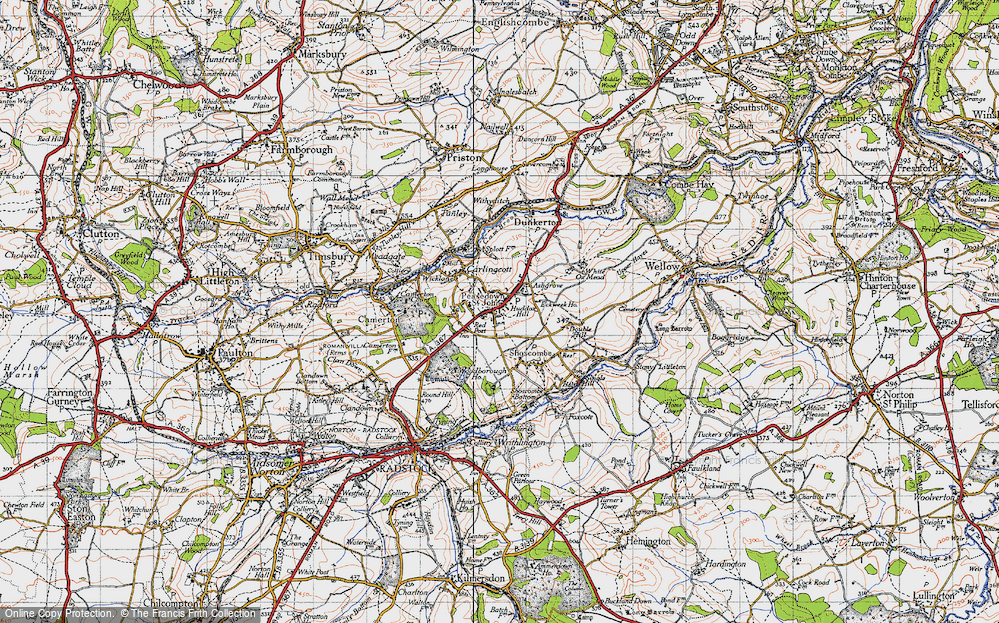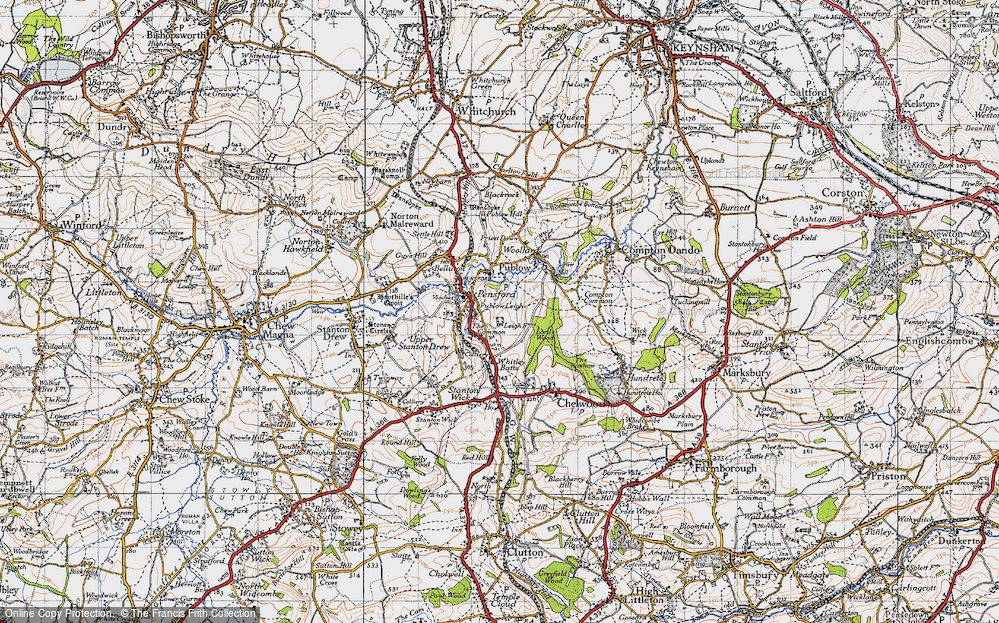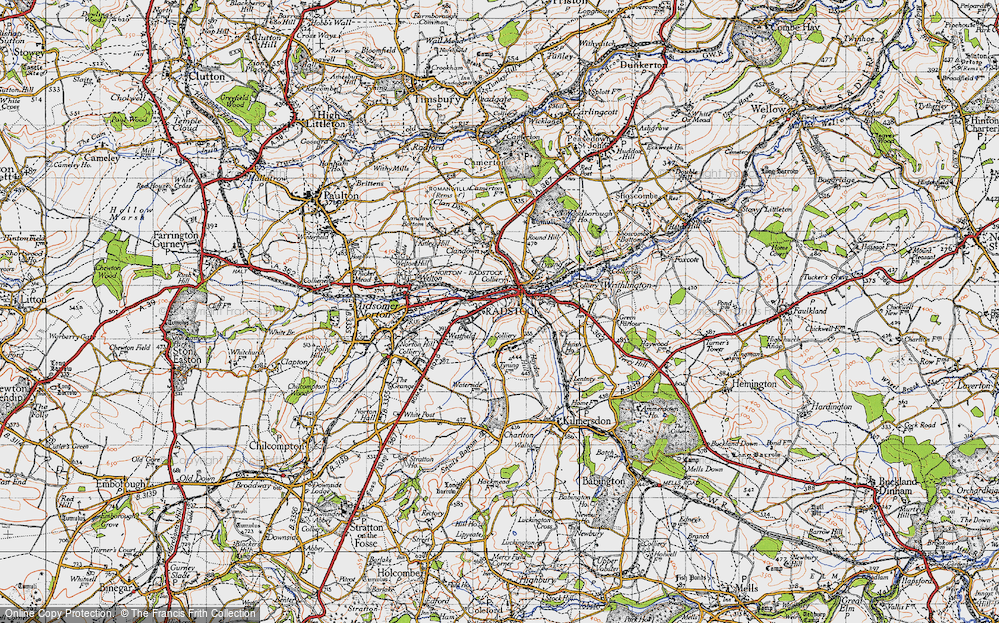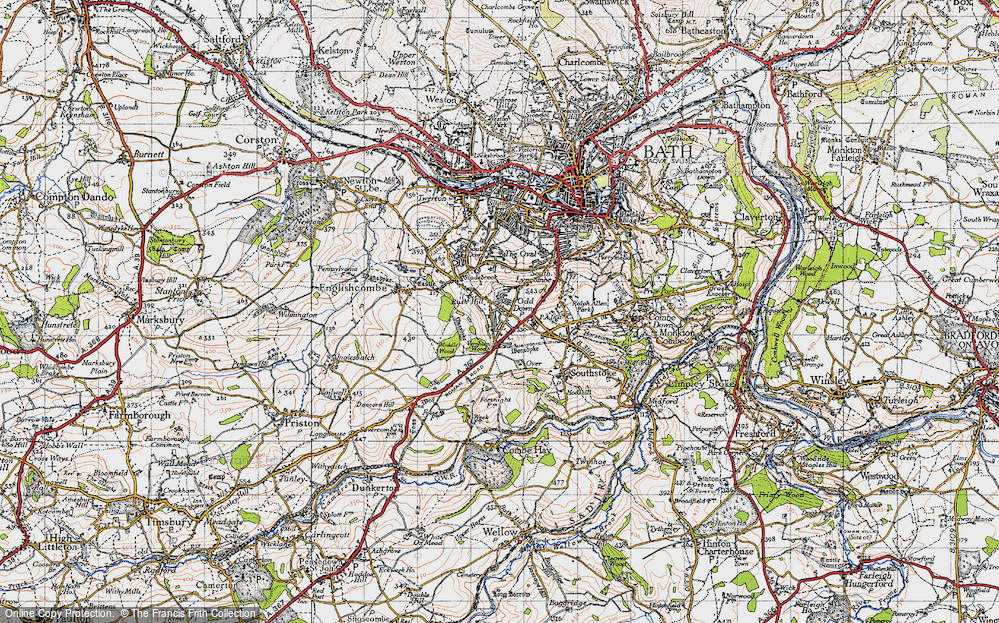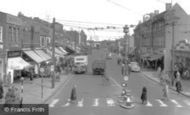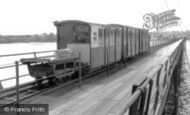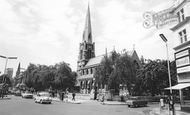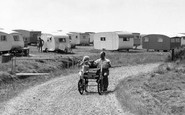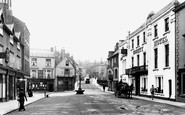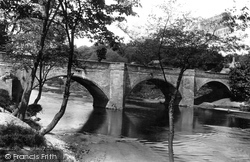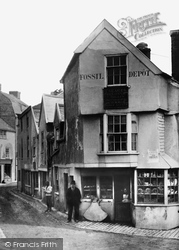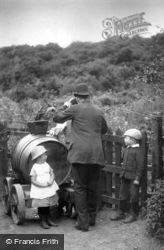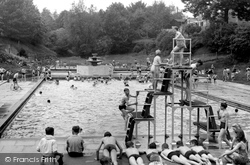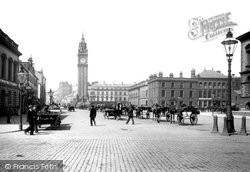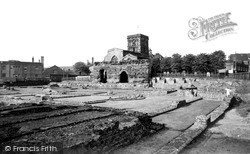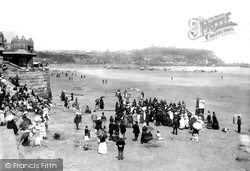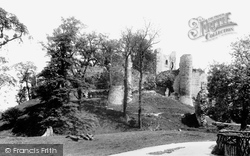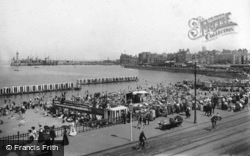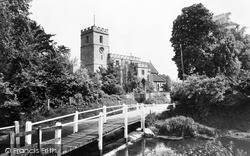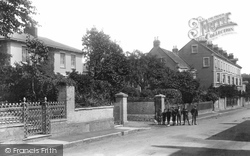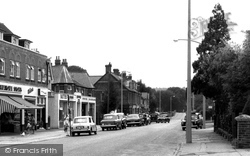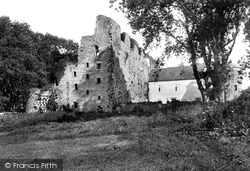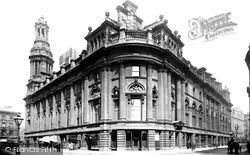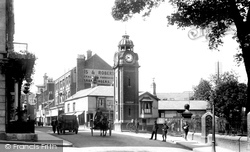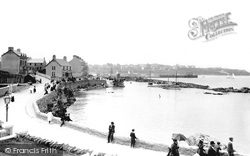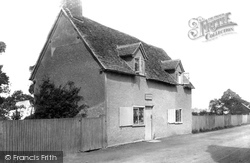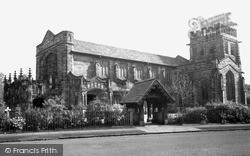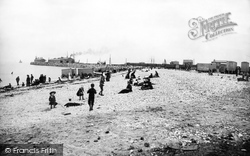Places
Sorry, no places were found that related to your search.
Photos
Sorry, no photos were found that related to your search.
Maps
1,353 maps found.
Books
3 books found. Showing results 985 to 3.
Memories
2,048 memories found. Showing results 411 to 420.
60's Clubs,Dance Venues And Coffee Bars In And Around Welling
During the 1960's many venues opened in and around Welling to cater for a growing music and dance culture. Teddy-boys and Rockers had frequented the Embassy Ballroom, but when Mod became ...Read more
A memory of Welling by
Welling 1960's Mod Venues: New Additions
I recently shared memories of the many clubs, bars and dance halls that sprung up in and around Welling during the mid 1960's Mod era. Since then several other venues have come to mind. I remember the Sunday ...Read more
A memory of Welling
Hythe Ferry And The Liners
From 1954-60 I travelled from Blackfield to the Gregg School in Winn Road. It was a 'long and winding' road by bus, so it became an adventure to travel by the Hythe Ferry. A walk or run up the pier, or a fun ride in ...Read more
A memory of Hythe by
Third Issue Of My " Barking Ramblings".
Living in the prefabs in Ilford Lane I could walk into town up Fanshawe Avenue, or go via Tanner Street and then Glenny Road or, and my memory may be playing tricks on me but I think it was Harpur Road and then up ...Read more
A memory of Barking by
School Days
I remember this well, Christchurch, Ealing Broadway. I went here with school - Harvington - which was just off Ealing Common, we walked there down Springbridge Road past the swimming baths. I lived in Ealing from birth in 1939 until I ...Read more
A memory of Ealing by
Chestfield And Swalecliffe. The War Years,
Have many memories, some happy, some sad, culminating in the death of my mother, Ivy Maud Smith on the 16th August 1944 when a V1 destroyed a railway bridge causing the train she was on to crash. Had two ...Read more
A memory of Swalecliffe by
51 Old Elvet
My Grandparents ran a boarding house at 51 Old Elvet opposite the Shire Hall I was born in 1943 my Father actually went to Durham school where he represented the school in Both Football and Rugby I have tremendous memories of Durham City ...Read more
A memory of Durham by
Growing Up In A Community
my parents moved to Sussex Crescent in 1954 with three young children, having been re homed from temporary housing - a prefab. The Northolt estate was a great place with a genuine community spirit, families all rallied ...Read more
A memory of Northolt by
Church Road Memories.
I lived in Flat(a) at 144 Church Road in the 1960s. I remember Crystal Palace Park with its pet corner and imitation dinosaurs. I also remember swimming in the new swimming baths with my family. There was a little shop with ...Read more
A memory of Upper Norwood by
Keepers Cottage
My father was the gamekeeper at Spetchley Estate for Captain Berkeley for about 14 years until my father at 55 had a heart attack one night after they had been duck shooting at the bottom lake in the deer park. My father,mother and ...Read more
A memory of Spetchley by
Captions
1,059 captions found. Showing results 985 to 1,008.
This sturdy bridge over the River Wharfe, linking Boston Spa with Thorp Arch, was built in 1770. Along the banks to the east is the old Spa Baths, now converted to housing.
The Victorian Fossil Depot was first run by James Dollin. He was followed by Thomas Seager, who may well be the gentleman smoking a pipe (centre left).
For us today, with water spurting from taps in sinks, basins and baths, it is hard to imagine the time and labour that used to be involved in collecting and fetching water.
Outdoor swimming pools were a feature of the concern for health and fitness in the 1930s.
Its quays were once the heart of Belfast the port, and there is no doubt that the remains of Chichester Quay on the right and Hanover Quay on the left will be found below the cobblestones.
St Peter's Church, Nevendon is an ancient church built in the 13th century by a member of the Fitz-Lewis family.
For us today, with water spurting from taps in sinks, basins and baths, it is hard to imagine the time and labour that used to be involved in collecting and fetching water.
The extensive remains of Ratae Coritanorum, the origins of the city, and a Roman regional capital, are not only to be seen exposed on the surface, but extend under surrounding build- ings.
Punch and Judy hold the attention of the formally-dressed crowd of holidaymakers in the South Bay.
Its official name is the Church of St Thomas and St Luke, but everyone in Dudley knows it as 'top church.'
This great fortress was built by Hamelin Plantagenet, half-brother of Henry II.
Benjamin Beale, a local glovemaker and a Quaker, invented the bathing machine in 1751 to conserve ladies' modesty while they took a dip in the briny.
The River Beane runs close to the church, and is liable to heavy flooding.
Street names intially included 'Reform Place 1835' to commemorate electoral changes after the Boundary Commission had reported: 'The chief trade arises from the manufacture of hemp and flax, and Allington
One is outside the Stepping Stones pub. The main road, which includes The Broadway, which we see here, was built in 1765. Baxter's is now Bath Travel. The railway bridge is at the far end.
At Christmas 1557, Oxwich would be the scene of an incident that would result in litigation before the Court of the Star Chamber. Sir Rhys was distantly related to Sir George Herbert (?
This building is the third Exchange to be built in this area. The first was in the Market Place, near St Anne's Square, built in 1729 at the expense of Sir Oswald Mosley, Lord of the Manor.
This building is the third Exchange to be built in this area. The first was in the Market Place, near St Ann's Square, built in 1729 at the expense of Sir Oswald Mosley, Lord of the Manor.
Looking across the Menai Straits to Anglesey, the city of Bangor is the largest town in the north-west corner of Wales, the former principality of Gwynedd, and home to an ancient diocese and the University
Benjamin Beale, a local glovemaker and a Quaker, invented the bathing machine in 1751 to conserve ladies' modesty while they took a dip in the briny.
Brighton made the seaside fashionable for the upper crust, and its wider popularity was settled when the railway made the connection in 1841.
The village in which John Bunyan once lived has almost become a place of pilgrimage.
William Lever, later Lord Leverhulme, added every amenity he could think of to the village. A club-house, library, hospital, youth club, gymnasium and swimming baths, all were included.
'The sands', says the Frith title, but as you can see, central Morecambe has always had a pebble beach, especially at high tide.
Places (0)
Photos (0)
Memories (2048)
Books (3)
Maps (1353)


